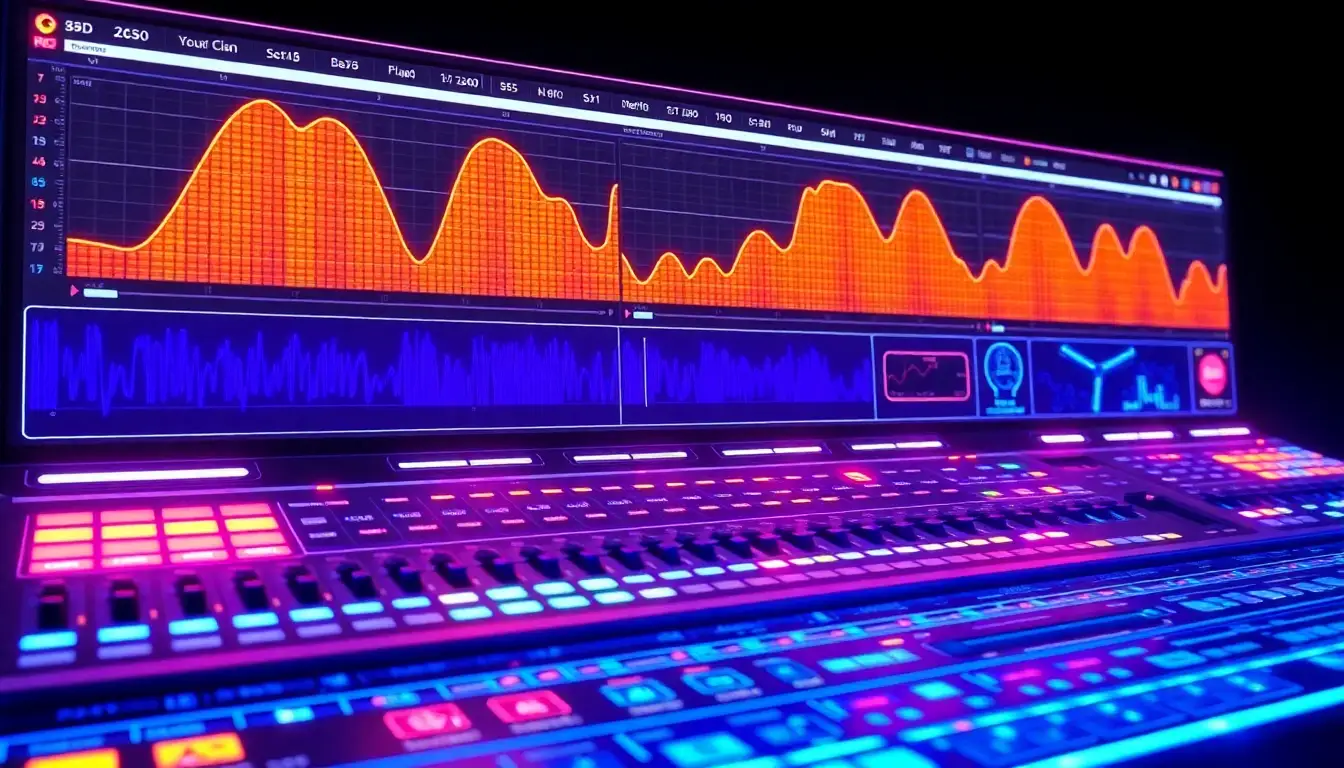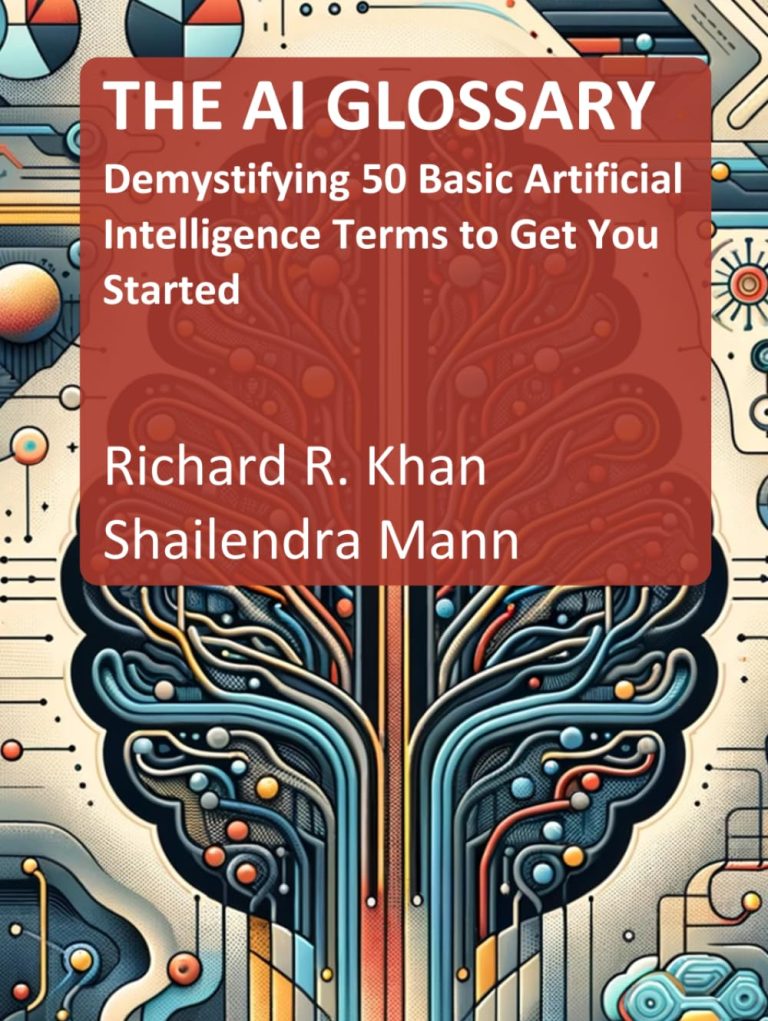
Now loading...
Suno is navigating a contentious landscape marked by legal challenges while simultaneously advancing its product offerings. On September 25, the artificial intelligence music platform announced the launch of its innovative generative digital audio workstation (DAW), designed specifically for professional songwriters, producers, engineers, and emerging artists.
This new DAW, named Suno Studio, integrates Suno’s AI music generation capabilities with advanced multi-track editing functionalities. The platform allows users to create instrumental stems, arrange musical compositions, and export audio files, along with supporting the upload of existing audio samples.
The DAW’s release follows the introduction of Suno’s latest AI music model, referred to as v5, which the company touts as its “most advanced music model yet.” Suno asserts that this version can “compose like a musician, adapt like a collaborator, and create like never before.”
Valued at $500 million, Suno has been quietly testing the new DAW with selected artists in recent weeks. Notably, Grammy-winning producer Om’Mas Keith, acclaimed for his work with Frank Ocean and Jay-Z, participated in a three-day music creation session at Shangri-La studios, describing the experience as a significant blend of art and science.
Keith expressed enthusiasm for the process, highlighting how it allowed for rapid iteration of ideas, enhanced by cutting-edge technology. He noted that the use of innovative tools in songwriting and production injected optimism and clarity into the creative sessions.
Suno Co-Founder and CEO Mikey Shulman emphasized that these developments are indicative of a transformative era in music production. He stated that the Suno Studio was purposefully designed to enhance musicians’ capabilities without imposing strict workflows, thereby keeping human creativity at the forefront. Shulman remarked on the inspiring outcomes observed when artists engage with the technology to explore new creative avenues.
The functionalities of Suno Studio encompass the generation of essential musical elements—including drums, vocals, and synthesizers—that can seamlessly align with existing audio tracks. Users have the ability to manipulate various aspects such as BPM, volume, and pitch.
The launch builds on Suno’s recent acquisition of WavTool, a browser-based DAW that integrates AI features such as automated MIDI generation and stem separation. This acquisition was revealed on June 26, coinciding with the release of a competing visual editing workstation by rival Udio.
Paul Sinclair, Suno’s Chief Music Officer, conveyed excitement about the platform’s potential to inspire creativity among artists, producers, and songwriters, describing it as an “imagination engine” that opens doors to new creative opportunities.
However, this product rollout occurs amid increasing scrutiny and legal challenges from the music industry. Several major record labels have filed a revised complaint accusing Suno of “stream-ripping,” a practice involving unauthorized downloading of copyrighted music from platforms like YouTube to train its AI models.
Additionally, a class-action lawsuit spearheaded by independent country artist Tony Justice has broadened its claims against Suno, echoing similar accusations regarding stream-ripping. These legal complications pose challenges for Suno as it works to consolidate its position in the DAW market.
Suno Studio is currently available in beta for users holding Premier Plan subscriptions, which had previously been on a waitlist. The company has hinted at further feature enhancements expected in the upcoming months.
